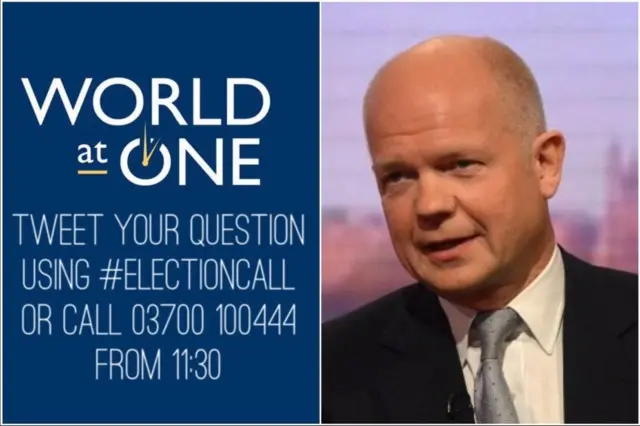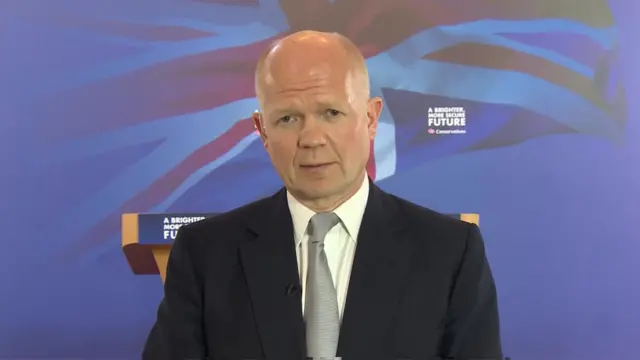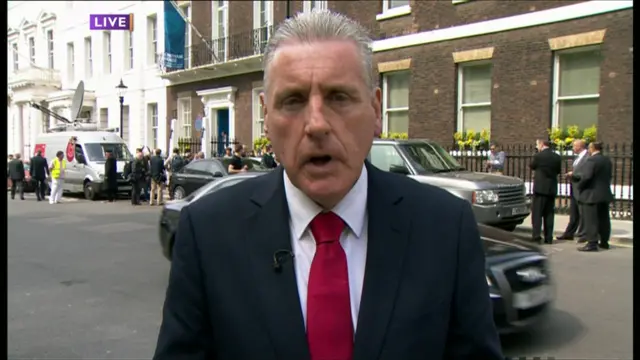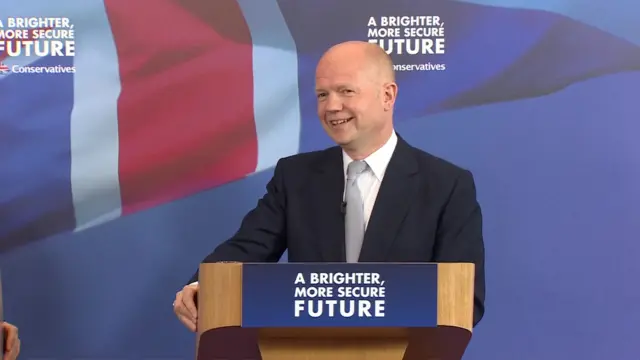Contributing factorpublished at 13:16
 The World at One
The World at One
BBC Radio 4
Retired diplomat Sir Jeremy Greenstock says the situation in Libya is contributing to the ease with which migrants can be smuggled out of the country. But he says stability is only part of the issue.






